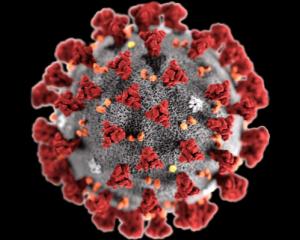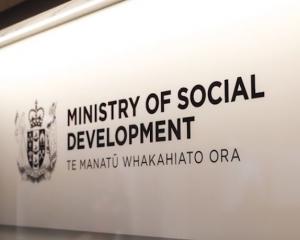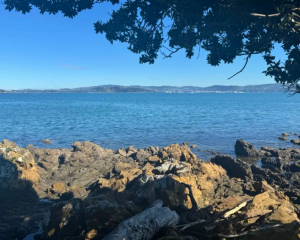Veterans of British nuclear tests in the mid-Pacific in the 1950s, including New Zealand servicemen, have taken heart from a first victory in their long fight for compensation for illnesses linked to radioactive fallout.
The United Kingdom Upper Tribunal Appeals Chambers office has overturned the decision of a first-tier tribunal which last year turned down 10 claimants for war pensions, who said they, or their husbands, had been exposed to ionising radiation from the British atomic tests on Christmas Island, Kiribati and Maralinga in Australia in the 1950s and early 1960s.
In a decision, Crown Office Chamber President Mr Justice Charles allowed each of the veterans' appeals, concluding that the first tier tribunal misapplied the law in reaching its decision in May last year.
The chamber office said: "Many thousands of veterans served on Christmas Island during the atomic tests and are potentially affected by the successful outcome of this appeal."
The "fissionline" bulletin of the Nuclear Veterans and Children reported the decision under the headline "Nuke Vets win landmark court case".
The bulletin said it was a victory for the legal teams representing the veterans, led by solicitor Neil Sampson of law firm Rosenblatts, and Tony Metzer and Adam Gersch of Goldsmith Chambers.
Legal brains were pondering the next move in the 30-year fight, the bulletin said.
But the chairman of the New Zealand Nuclear Test Veterans Association, Roy Sefton, said the decision would be welcomed by veterans in New Zealand and Fiji, who were parties to a 2012 compensation case by 1000 British veterans which was rejected by Britain's Supreme Court.
"Winning this gives us heart that we may be able to get a rehearing of the Supreme Court case."
Mr Sefton said that unlike the British Government, the New Zealand Government had made war pensions available to veterans who were on board two New Zealand frigates on duty during Operation Grapple -- nine nuclear tests conducted near Kiribati during 1957 and 1958.
The object of joining the British veterans' Supreme Court action was to get a lump sum on top of the war pension.
"About 140-150 of our veterans are left and a Massey University study found chromosome damage in blood samples was on a par with that of workers in the Chernobyl nuclear plant cleanup."
Mr Sefton has taken his mission to the European Court of Human Rights, Britain's Ministry of Defence and is still lobbying the Government for funding towards the health of veterans and their children.
"We are happy about the latest decision, because to our mind the 2012 Supreme Court decision preventing veterans from suing the British Ministry of Defence was deficient. It was a 4-3 split decision of seven judges."
****************
Nuclear veterans' long fight
9 bombs dropped in Britain's Operation Grapple tests in the mid-Pacific during 1950s and 1960s.
551crew members of HMNZS frigates Pukaki and Rotoiti observed bomb explosions around Christmas Island in 1957 and 1958.
22,000 Britons involved in conducting or monitoring bomb tests in the mid-Pacific and Australia.
Court saga2001: NZ veterans join class lawsuit with Britons seeking compo for health defects after exposure to fallout.
2012: British Government wins Supreme Court case after consistently refusing to acknowledge responsibility for illnesses. Court rules veterans left it too late to sue.
2013: British tribunal rejects 10 British Grapple claimants' bid for a war pension because ionising radiation led to disablement or injury.
2014: Crown Office Upper Tribunal allows their appeals, opening the door to a rehearing of claims.
By Wayne Thompson of the New Zealand Herald











